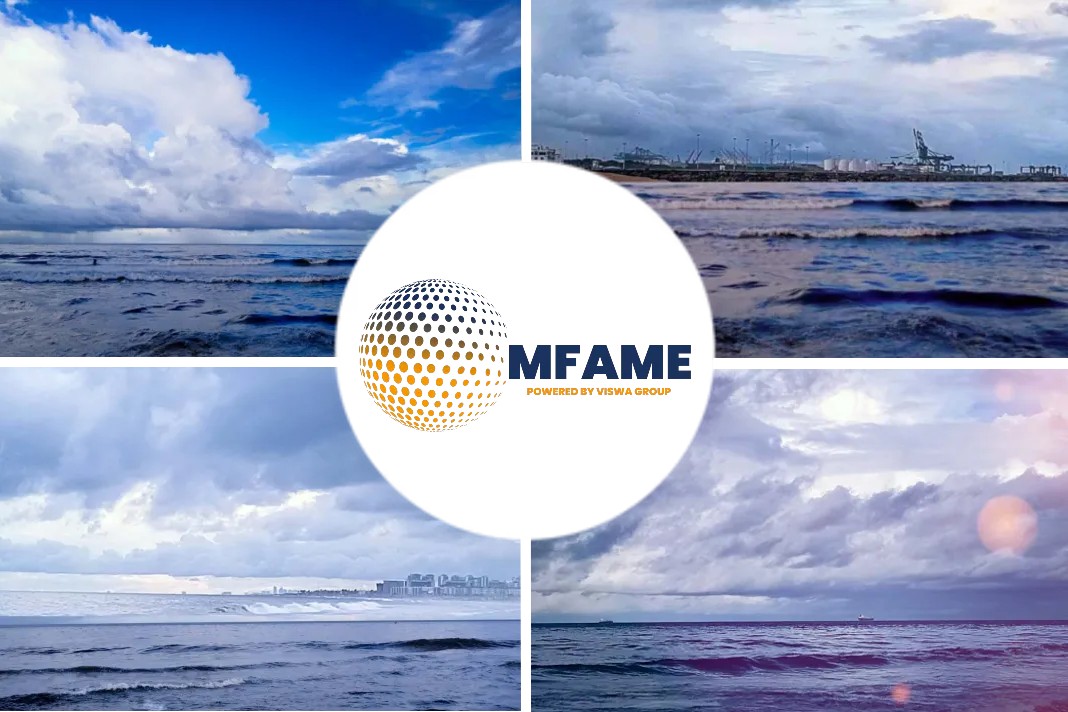- Technology firm FuelTrust has unveiled an artificial intelligence (AI)-enabled solution.
- The solution will utilise blockchain technology and Cloud-based AI to offer a ‘validated’ historic carbon baseline.
- FuelTrust’s autonomous emissions scoring will also allow firms to pay reduced carbon taxes and fees internationally.
Technology firm FuelTrust has unveiled an artificial intelligence (AI)-enabled solution, Carbon Baseline, to provide detailed and verified baseline assessments of historical ship and fleet emissions, says an article published on ship technology website.
Carbon Baseline will use blockchain technology
The advancement made by individual ships towards reducing carbon emissions will be evaluated on the basis of historical baselines up to 2008.
The assessment of ship performance can then be used to influence finance decisions, tax levies and environmental, social and governance (ESG) reporting.
The solution will utilise blockchain technology and Cloud-based AI to offer a ‘validated’ historic carbon baseline in just weeks and at a reduced cost.
FuelTrust chief product officer Darren Shelton said: “With Carbon Baseline, class or flag authorities can be provided a more accurate, third-party verified report on the emissions reductions actually achieved, meaning the fleet owner, their customers and their investors can benefit.
“Exact calculation is essential for the industry as not all fuels are created equal. Recent studies have shown that, for example, there can be an energy density difference of up to 3% between batches of the same fuel. There is also a significant carbon difference between batches.”
Reduce carbon taxes & fees
According to the firm, its patent-pending AI Digital Chemist uses historical operational data to calculate previous-year greenhouse gas (GHG) emission profiles for a ship or fleet.
After receiving the validated historic carbon baseline, owners can raise charter pricing for validated green vessels and certify applications for carbon credits.
FuelTrust’s autonomous emissions scoring will also allow firms to pay reduced carbon taxes and fees internationally.
At present, emissions models provide only rough estimates, based on generic models that do not consider chemical interactions, source fuel data or the impact of supply and delivery chains.
Some models have a high cost of deployment and require high-maintenance devices on board vessels or huge amounts of manual input.
Did you subscribe to our daily newsletter?
It’s Free! Click here to Subscribe!
Source: ship technology



















